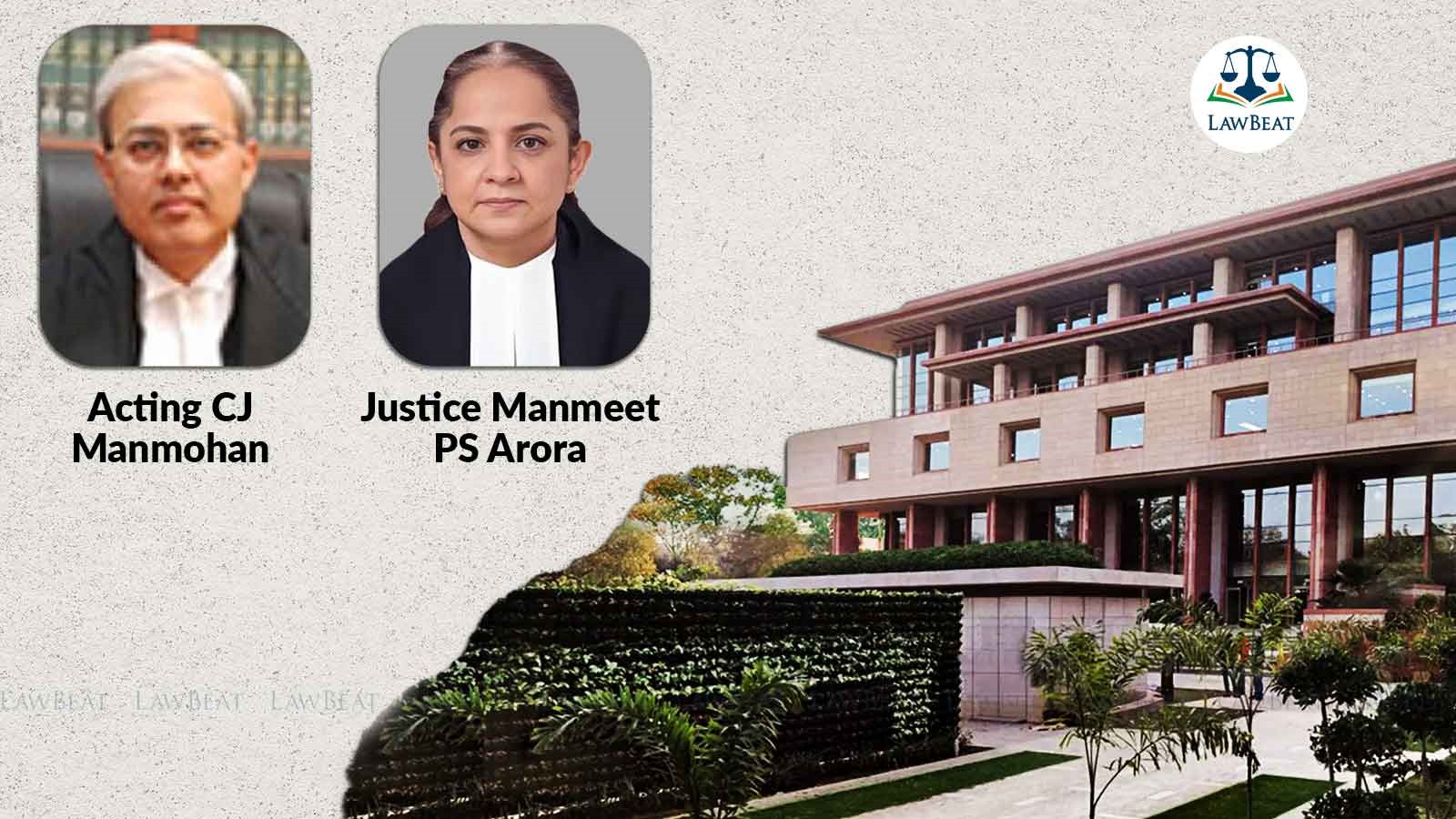Delhi High Court Dismisses Plea Seeking Mandatory Disclosure Of Drug Side Effects By Doctors

The plea stated that patients have a right to make informed choices about medications, and thus, doctors should be required to explain the side effects of prescribed drugs
The Delhi High Court recently dismissed a public interest litigation (PIL) petition seeking directions for medical professionals to provide written explanations of all possible risks and side effects associated with prescribed drugs.
A division bench consisting of Acting Chief Justice Manmohan and Justice Manmeet Pritam Singh Arora observed that the Drugs and Cosmetics Act of 1945 mandated drug manufacturers or their agents to include package inserts disclosing side effects. Additionally, the Pharmacy Practice Regulations of 2015 required registered pharmacists to inform patients about the possible side effects of medications.
The bench held, “Since the legislature in its wisdom has elected to impose this duty on the manufacturer and the pharmacist, we do not find any ground for issuing a direction as prayed for in this PIL as it would amount to judicial”.
The bench stated that since the legislature has assigned this responsibility to manufacturers and pharmacists, the Court has no grounds to issue the directions sought in the PIL, as it would amount to judicial legislation.
Court noted that the petitioner did not dispute the adequacy of information provided by the manufacturer through the package inserts. However, the petitioner argued that if doctors provided the same inserts with their prescriptions, patients would be better informed and able to give valid consent. Despite this argument, the court emphasized that the legislature had intentionally placed this duty on manufacturers and pharmacists, thus dismissing the PIL.
Court concluded that there was no legislative gap justifying the issuance of the requested directions. Therefore, the PIL and accompanying applications were dismissed.
Case Title: Jacob Vadakkanchery v Union of India and Anr
